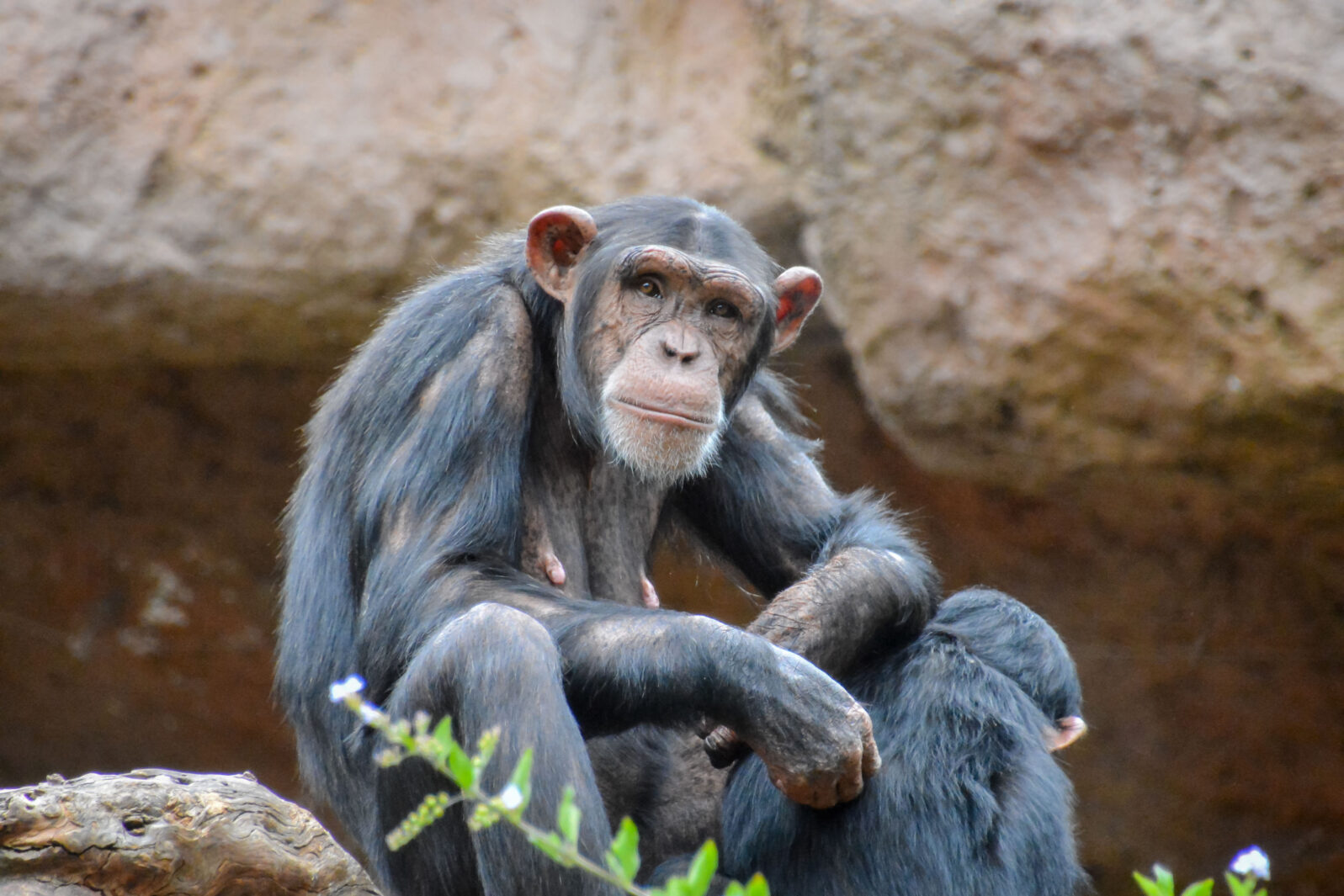Chimps Who Can’t Crack Nuts Prove They Are More Like Humans? Huh?
The lengths to which some researchers will go to attempt to discredit human exceptionalism are an assault on reason and common senseIn a recent experiment, researchers determined that chimpanzees need to be taught how to use stones to crack nuts; individuals don’t grasp the idea for themselves. In a series of four experiments, 35 parties of chimps were given oil palm nuts and stones but “on no occasion did the chimpanzees crack or eat either oil palm or Coula nuts,” presumably because they did not know how.
Then the primatologists go on to draw an amazing conclusion:
Their culture is therefore more similar to human culture than often assumed…
“Our findings suggest that chimpanzees acquire cultural behaviors more like humans and do not simply invent a complex tool use behavior like nut cracking on their own,” says Koops. The presence of a model from whom to learn appears to be the missing piece. “Our findings on wild chimpanzees, our closest living relatives, help to shed light on what it is (and isn’t!) that makes human culture unique. Specifically, they suggest greater continuity between chimpanzee and human cultural evolution than is normally assumed and that the human capacity for cumulative culture may have a shared evolutionary origin with chimpanzees.”
University of Zurich, “Cracking chimpanzee culture” at ScienceDaily (January 24, 2022) The paper requires a subscription.
Cracking a nut with a stone is not “complex tool use behavior”; it would be self-evident to a human without any teaching at all.
One can only assume that, at some level, these people actually know that what they are saying makes no sense. But perhaps their profession depends on keeping a myth of seamless continuity between humans and chimpanzees going. So powerful is that myth that it is impervious to the most basic reasoning skills of humans.
You may also wish to read: But, in the end, did the chimpanzee really talk? A recent article in the Smithsonian Magazine sheds light on the motivations behind the need to see bonobos as something like an oppressed people, rather than apes in need of protection.
and
A philosopher simply invents animals’ concept of death. She demands that we accept her invention so we can “rethink” human exceptionalism, and the “disrespect for the natural world that comes with it.” Susana Monsós’s beliefs about how predators think are a work of the imagination. Like it or not, we are stuck with human exceptionalism. It’s who we are.
